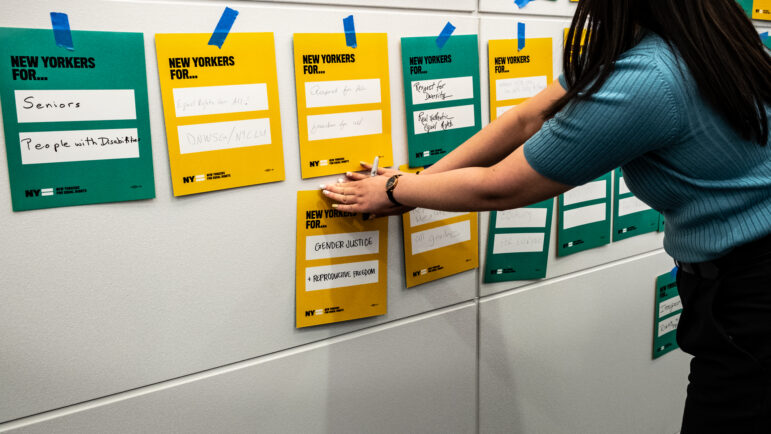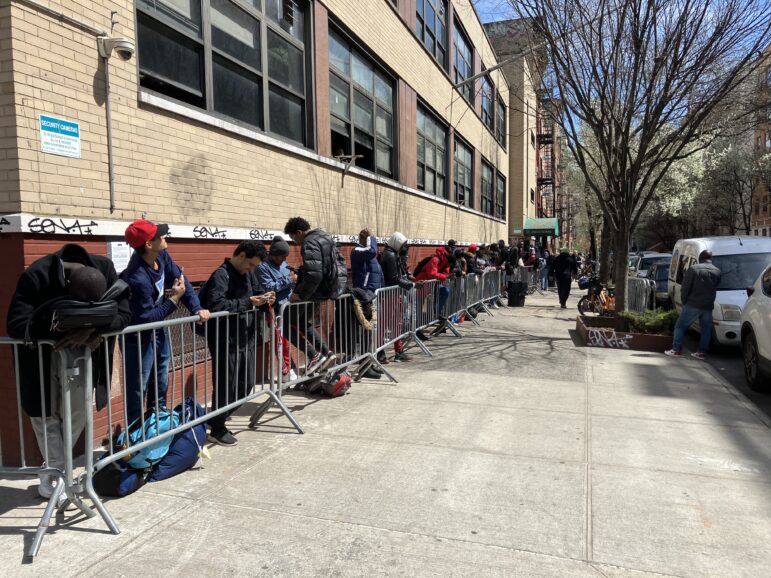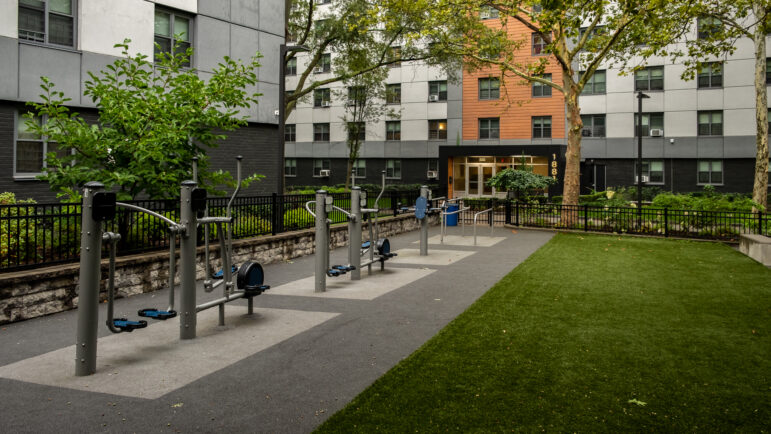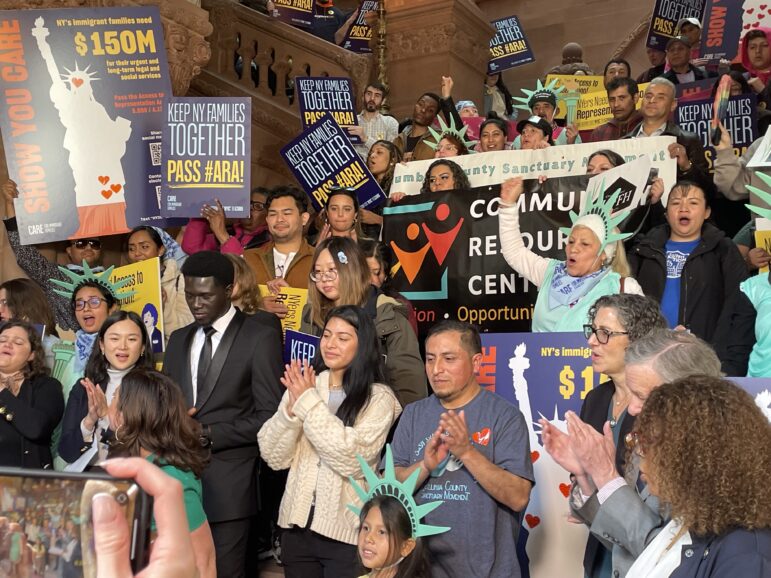The rent regulation war is over, but a little-noticed clause in the Albany legislation promises to increase evictions of poor tenants all over New York City. Under the new law, which takes effect in October, Housing Court judges will no longer be able to postpone evictions after submitting their final judgments on nonpayment cases.
Once a judge rules that a tenant must pay back rent or move out of the apartment, the tenant will not be able to contest that ruling if five days pass and the money isn’t paid to the landlord or deposited with the court. If they cannot pay up in time, the landlord now has the legal right to immediately evict them.
In the past, tenants have asked judges to delay eviction while they sought to raise the rent they owed. Tenants on welfare, who are eligible for large lump sum rent payments of back rent under a court-ordered program called Jiggetts relief, typically need at least three months to get their checks.
“Say I have a judgment against me for $5,000,” said Scott Sommer, a housing court attorney with Legal Services. “I don’t have the $5,000 yet because I’m waiting for welfare to process my payment. The warrant is about to execute, but I can’t get the stay of the warrant unless I post the $5,000. So how do you post the $5,000 when you’re waiting for it?”
Judges will still have the option of explicitly granting tenants additional time in their final eviction order,
Sommer notes. Still, Legal Aid and other advocates for poor tenants say they are preparing an omnibus lawsuit against the rent regulation laws, including another provision requiring tenants to deposit disputed rent in an escrow account in order to have their cases heard in housing court. Since only about 10 percent of tenants have representation when they go to court, advocates fear that most tenants will have no idea that new, accelerated eviction timetables have taken effect.
But landlord groups, who lobbied hard for the provision, say the new law fixes a long broken system. “It will reduce the amount of time wasted in court by delaying tactics,” explained Dan Argufies, executive director of the Community Housing Improvement Program, adding the rule will force social service agencies to process their clients’ checks more quickly.








